 |
| March 27, 2020 |
Dear Reader,
As climate change warms the world's seas, marine animal populations have been shifting away from the equator and toward the poles during the past century. According to researchers, these movements can have cascading effects on ecosystems. In tech news, a study shows the presence and actions of robots affect the way humans relate to other humans. The latest in space, astronomers are on the hunt for the remnants of the neutron-star collision that gave Earth its precious metals. And on the coronavirus crisis, President Trump has made claims that taking a form of chloroquine is an effective treatment for COVID-19. In today's lead story, a medicinal chemist explains the facts. Important information for our print subscribers |
| | Sunya Bhutta, Senior Editor, Audience Engagement
@sunyaaa | |
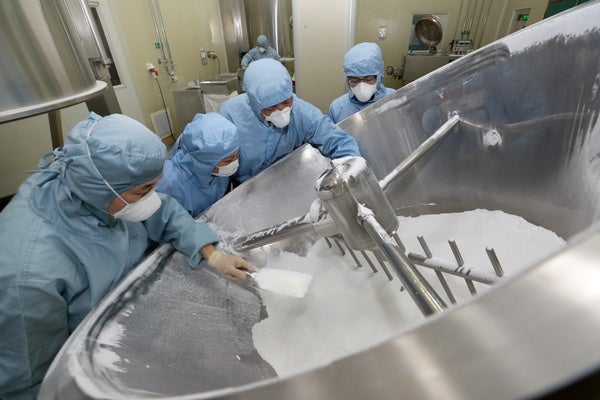 |
| Medicine Could Chloroquine Treat Coronavirus? 5 questions answered about a promising yet problematic and unproven use for an antimalarial drug By Katherine Seley-Radtke,The Conversation US | |
| |
| |
| |
| |
| |
| |
| |
FROM THE STORE
 | | Ask the Experts: Human Body and Mind The third eBook in our Ask the Experts series, Human Body and Mind tackles questions about our own strange and mysterious biology, from how we evolved to exist this way to feats of body and mind. |  | | |
| |
FROM THE ARCHIVE
 | | | |
LATEST ISSUES
 |
| |
| Questions? Comments?  | |
| Download the Scientific American App |
| |
| |




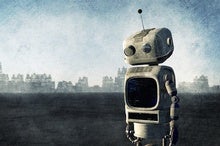
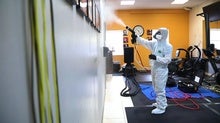

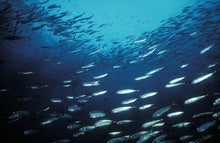
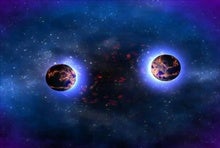

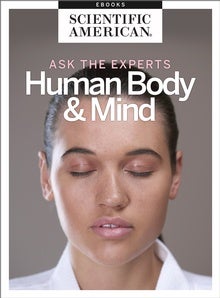

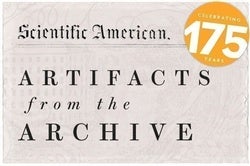
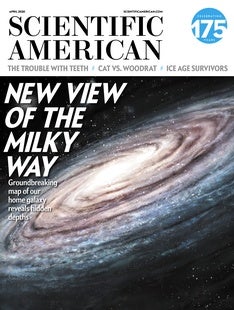

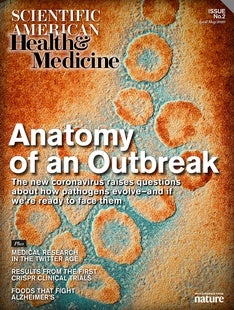
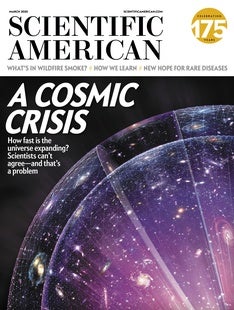
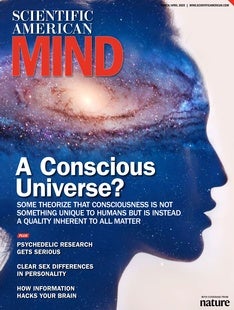



Comments
Post a Comment